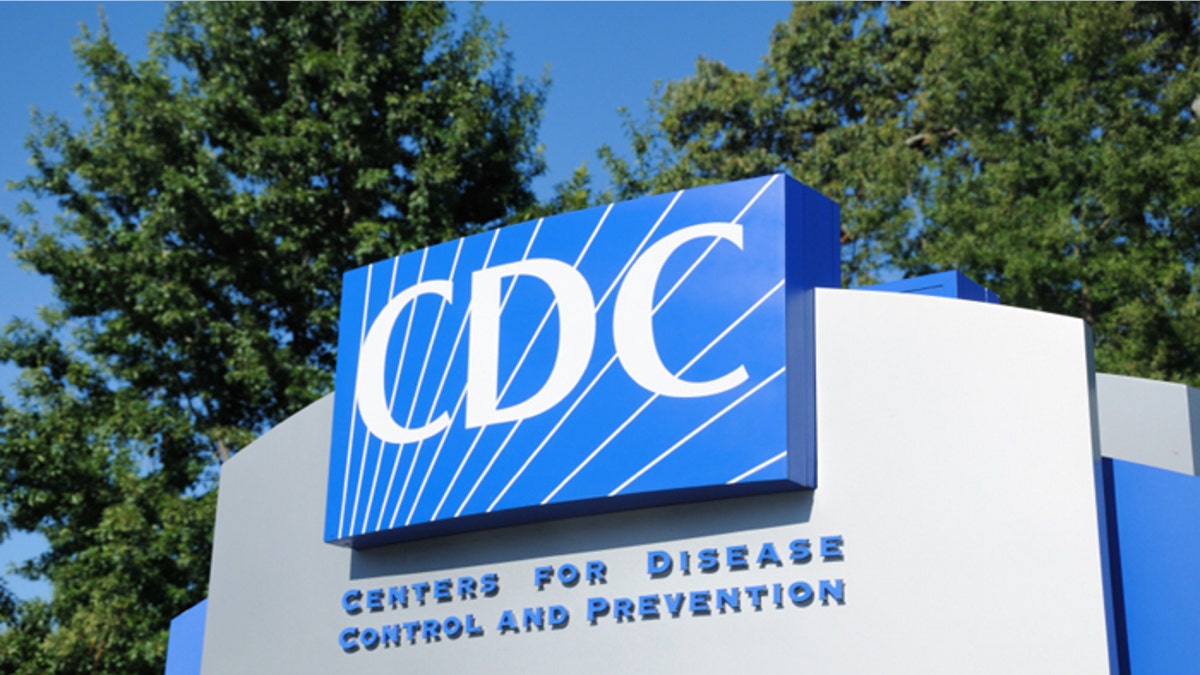
(W. Steve Shepard Jr.)
A second investigation into the recent anthrax incident at the Centers for Disease Control and Prevention (CDC) has revealed additional safety concerns at the federal health laboratories in Atlanta.
The probe's findings included the usage of expired disinfectants and the transfer of dangerous germs via Ziploc bags.
These details were disclosed Monday in a congressional committee's summary of a report done by the U.S. Department of Agriculture (USDA).
The USDA report focuses on an incident last month at a CDC lab that handles bioterrorism agents. The lab was supposed to completely kill anthrax samples before sending them to two other CDC labs. But the higher-security lab did not completely sterilize the bacteria.
Dozens of CDC workers were potentially exposed to dangerous anthrax bacteria. No one got sick, but a CDC internal investigation report released last week found serious safety lapses, including use of unapproved sterilization techniques and use of a potent anthrax in an experiment that didn't require that germ to be used.
Separate from the CDC probe, investigators from the USDA's Animal and Plant Health Inspection Services came to the CDC to look into what happened.
A USDA spokeswoman said her agency does not release its reports to the public. The CDC did not immediately release the report, either. But the findings were summarized in a report released by a U.S. House of Representatives subcommittee, which is holding a hearing Wednesday on recent reports of CDC lab problems.
According to the congressional memo, the USDA found:
-Disinfectants used for decontamination of vials and bags had expired, and CDC staff couldn't remember if they used the expired products in cleaning up after the anthrax incident.
-At least some of the lab workers who were potentially exposed were not examined until five days later.
-Security measures within the lab building were flawed. Anthrax was stored in unlocked refrigerators in an unrestricted hallway. The key to one refrigerator sat in its lock.
-Germ materials were transferred between labs in two Ziploc bags, failing to meet containment guidelines.
A CDC spokesman said the agency is "carefully scrutinizing" the report.
"Some findings are already being addressed, and others will be addressed as soon as possible," said the spokesman, Tom Skinner.
"We'll do anything that's going to make our safety processes and procedures even better," he added.
The Associated Press contributed to this report.








































